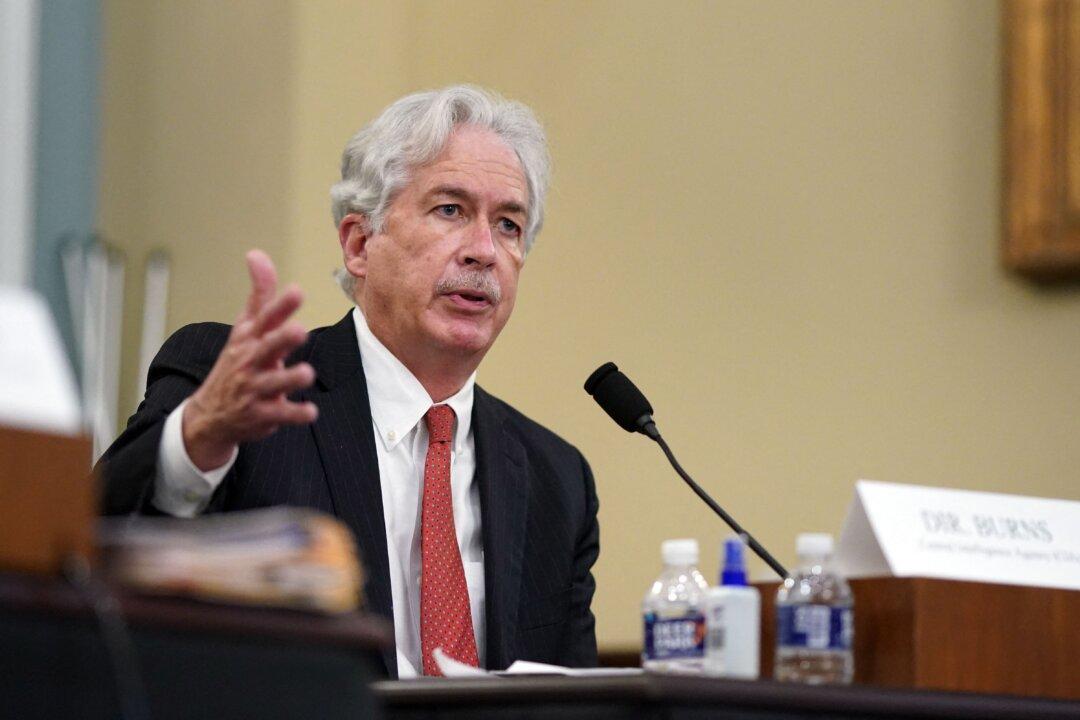Chinese Communist Party (CCP) leadership is unsettled by the strength of the United States and allied response to Russia’s war on Ukraine, according to CIA Director William Burns. That will influence the CCP’s decision-making on a potential invasion of Taiwan.
“I do think that they’ve been surprised and unsettled to some extent by what they’ve seen in Ukraine over the last 12 days,” Burns said during the House intelligence committee’s annual hearing on threat assessment, held March 8.




